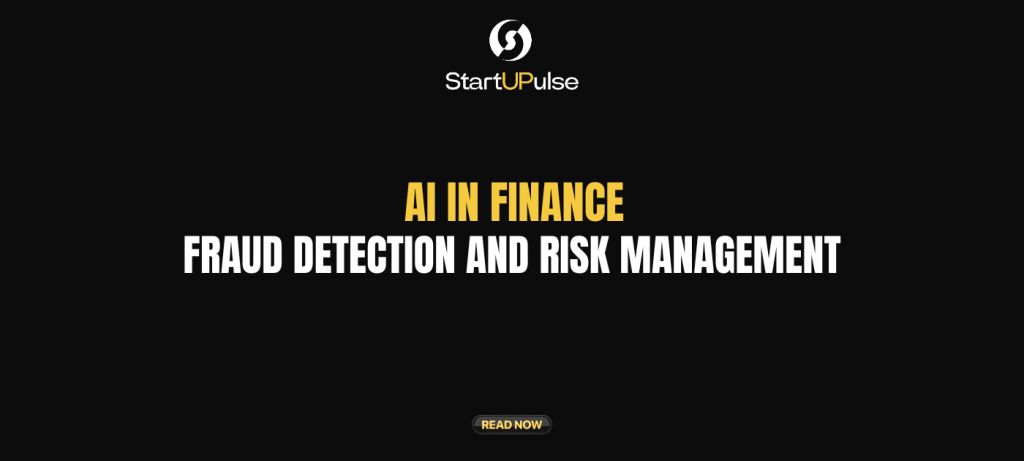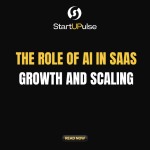
The financial industry is undergoing a seismic shift, driven by technological advancements that enhance efficiency, accuracy, and security. Among these innovations, artificial intelligence (AI) is playing a pivotal role in transforming how financial institutions detect fraud and manage risk. As cyber threats become increasingly sophisticated, leveraging AI for fraud detection and risk management has become essential for maintaining trust and integrity in financial services.
The Growing Need for AI in Finance
With the rise of digital transactions and online banking, financial institutions are more vulnerable than ever to fraudulent activities. Traditional methods of fraud detection, often reliant on manual reviews and rule-based systems, are no longer sufficient to combat the complexities of modern financial crimes. As a result, organizations are turning to AI technologies to enhance their capabilities and respond more effectively to emerging threats.
How AI is Transforming Fraud Detection
- Anomaly Detection
AI algorithms can analyze vast amounts of transactional data to identify patterns and detect anomalies that may indicate fraudulent activity. Machine learning models are trained on historical data to recognize typical transaction behavior, enabling them to flag suspicious transactions in real-time. This proactive approach allows financial institutions to address potential fraud before it escalates. - Behavioral Biometrics
AI-powered behavioral biometrics go beyond traditional authentication methods by analyzing users’ behavior patterns, such as typing speed, mouse movements, and device usage. By establishing a unique profile for each user, financial institutions can detect unusual activities that deviate from established norms, helping to prevent unauthorized access and fraud. - Natural Language Processing (NLP)
NLP techniques enable AI systems to analyze unstructured data, such as customer communications and social media interactions, to identify potential fraud. By scanning for keywords or phrases commonly associated with fraudulent behavior, AI can flag suspicious activities for further investigation, adding an additional layer of security. - Predictive Analytics
AI models can leverage historical data to predict future fraud trends and assess the likelihood of specific transactions being fraudulent. By analyzing factors such as location, transaction amount, and customer history, financial institutions can make data-driven decisions about which transactions to monitor closely.
Enhancing Risk Management with AI
- Credit Risk Assessment
AI is revolutionizing credit risk assessment by analyzing a broader range of data points beyond traditional credit scores. By incorporating alternative data sources, such as social media activity and transaction histories, AI models can provide a more comprehensive view of a borrower’s creditworthiness, enabling financial institutions to make informed lending decisions. - Market Risk Management
AI can analyze real-time market data to identify potential risks associated with fluctuations in asset prices and market volatility. By simulating various scenarios and stress-testing portfolios, financial institutions can better understand their risk exposure and develop strategies to mitigate potential losses. - Regulatory Compliance
The financial sector is subject to stringent regulations, making compliance a critical concern. AI can streamline compliance processes by automating reporting and monitoring activities. Machine learning algorithms can also analyze regulatory changes and adapt compliance strategies accordingly, reducing the risk of penalties and reputational damage.
Challenges and Considerations
Despite the significant advantages of AI in finance, organizations must navigate challenges such as data privacy concerns, algorithmic bias, and the need for transparency in AI decision-making. It’s crucial for financial institutions to implement ethical guidelines and maintain regulatory compliance as they adopt AI technologies.
Conclusion
AI is revolutionizing the finance industry by enhancing fraud detection and risk management capabilities. Through advanced analytics, anomaly detection, and predictive modeling, financial institutions can proactively combat fraud and mitigate risks, ensuring the security and trust of their clients.
Join StartUPulse for More Insights
At StartUPulse, we are committed to fostering innovation and collaboration among startups and professionals in the financial sector. Our community provides a platform for knowledge sharing, networking, and exploring the latest trends in technology, including AI in finance. Join us to connect with industry experts and stay informed about how emerging technologies can transform your business!
















